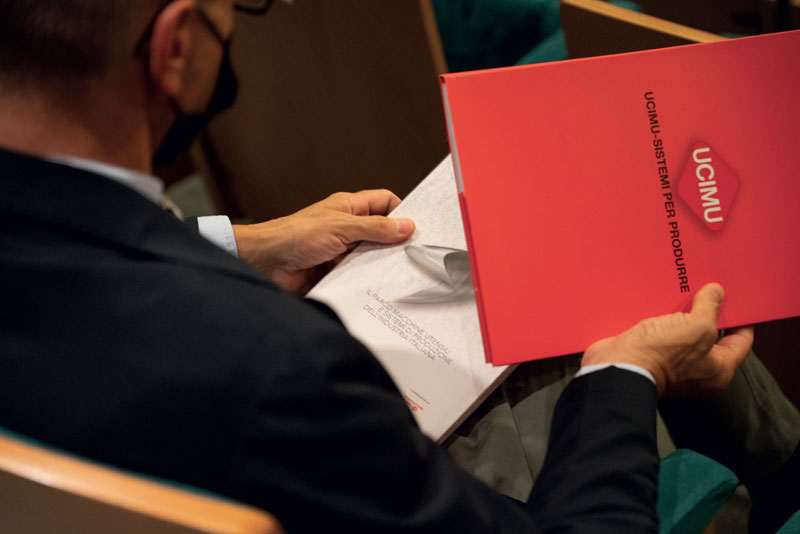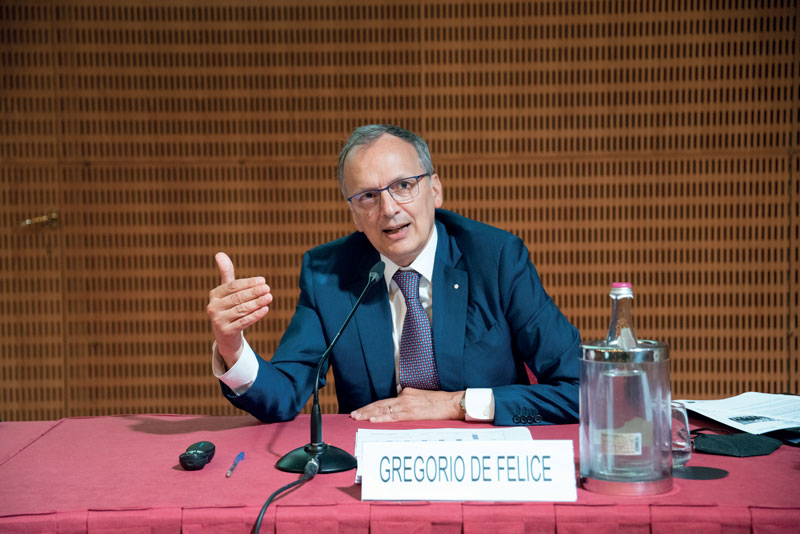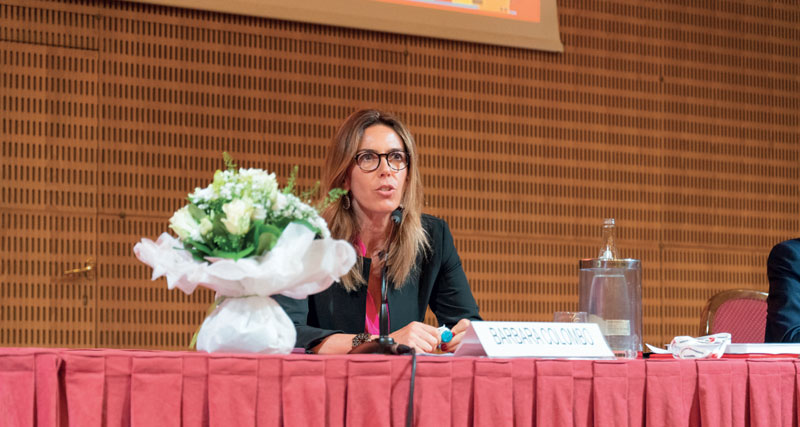Confidence returns
According to what emerged from the UCIMU-SISTEMI PER PRODURRE Annual Members’ Meeting last July, after a 2020 downturn, the Italian machine tools, robotics and automation industry is recovering some of the lost ground. The first half of 2021 confirms a revival of activity both in Italy and abroad. President Barbara Colombo hopes that the recovery will be supported by the policy of incentives for the modernisation of plants and investments in 4.0 technologies.
In 2020, the Italian machine tool, robotics and automation industry reported a sharp drop in all the main economic indicators. Despite this, it managed to maintain the positions it had acquired in international rankings, remaining in fourth place among manufacturing countries and among exporters and fifth in the ranking of consumer countries, confirming the importance of the Italian market in the international scenario. This, in brief, is the framework illustrated by UCIMU president Barbara Colombo at the Annual Members’ Meeting, attended by Gregorio De Felice, Chief Economist of Intesa San Paolo, and Mauro Alfonso, Managing Director of SIMEST.

The 2020 final figures and the forecasts for 2021
According to data compiled by UCIMU’s Economic Studies Department & Business Culture, in 2020, sales were down 20.4% compared to 2019, coming in at €5,182 million: a result determined both by a reduction in deliveries on the domestic market and a drop in exports.
These were the comments of Barbara Colombo, President of the Association: “Apart from the final figures linked to the health crisis, the year closed with results above our initial expectations. The drop in production, which we managed to contain (only 20% less than the previous year), allowed us to do better than our competitors, such as Germany and Japan”. The year 2021 will be a completely different story, with signs of recovery emerging from the early months. Production, exports and domestic consumption are expected to grow. In the first half of the year, the order index increased by 88.2%. This result was determined by the good feedback received from manufacturers on both domestic and foreign markets and is the basis of the renewed climate of confidence.
However, Barbara Colombo highlighted a number of factors that could slow down the current recovery: rising raw material costs on the one hand, and the limited availability of electronic components on the other, which could cool down the positive investment cycle, especially on the domestic market. Incentives such as the tax credit for plant modernisation and the one for investments in 4.0 technologies will be crucial in this regard: the president hopes that they will continue beyond 2022, and that they will be made structural.

Focus on technical/technological training
Barbara Colombo also hopes that government aid will increasingly involve training: “We are asking,” she said, “for the tax credit for training to be extended and simplified, which today also covers the cost of the trainer, so as to ensure that companies of all sizes receive the right support for updating their staff.
This is the only way to ensure that investments in new-generation technologies can really ensure the improvement in productivity and efficiency needed to meet the international challenge. An important response to the need for companies to have qualified personnel,” she concluded, “will certainly come from the funds provided by the PNRR for investment in Higher Technical Institutes so that they are equipped with technologically advanced laboratories and infrastructure and 4.0 classrooms. If properly supported, ITSs will become real outposts where the new resources that are essential for ensuring the future of our companies will be trained”.

